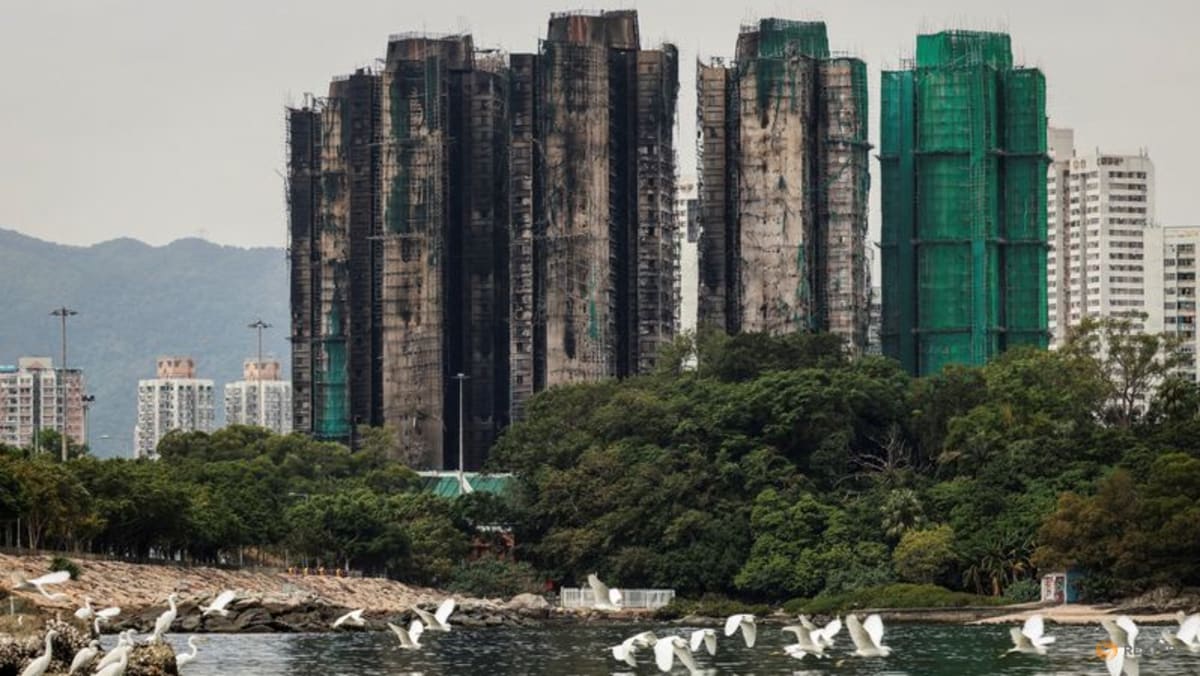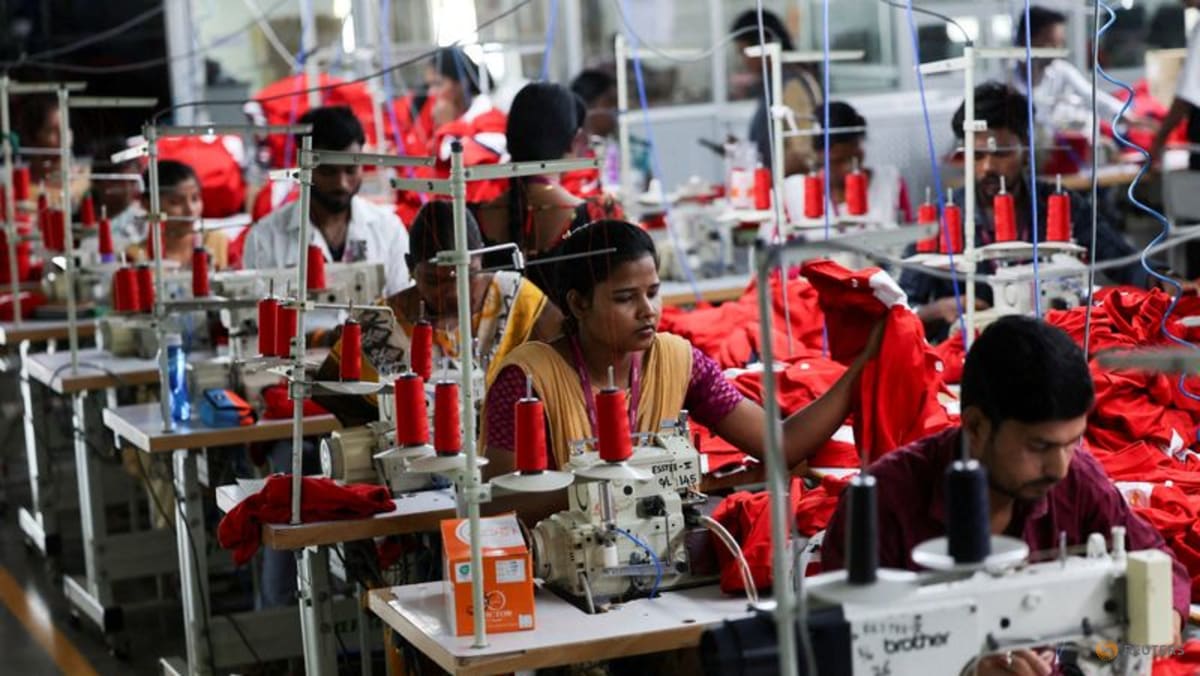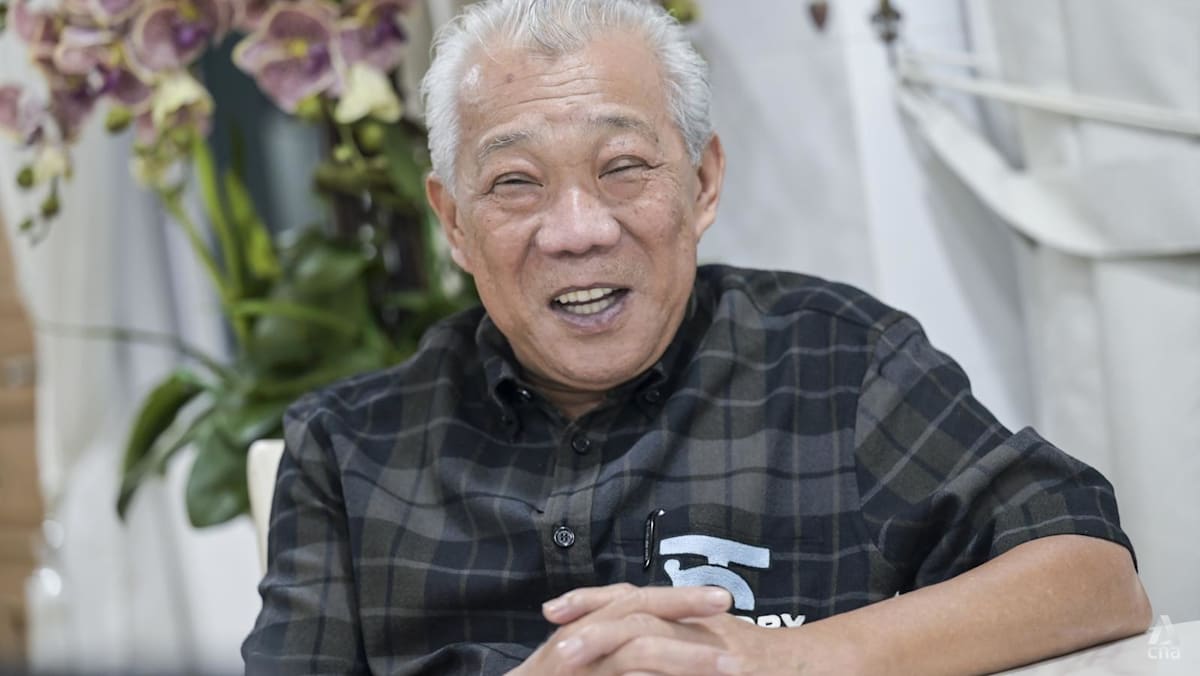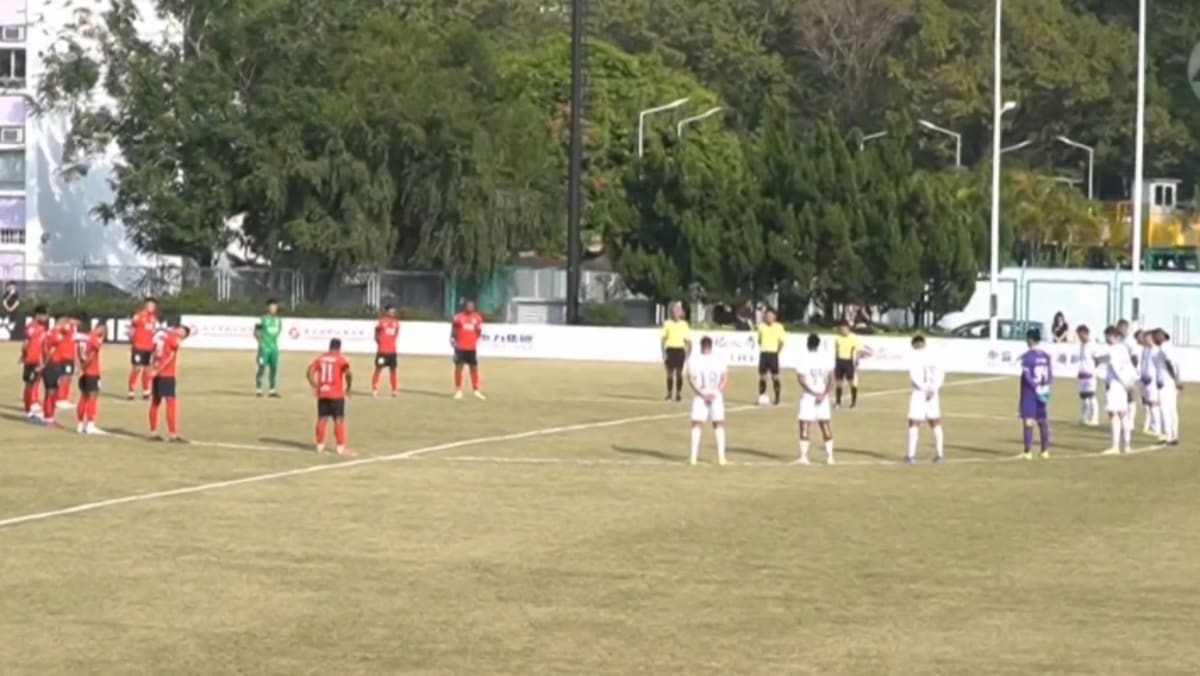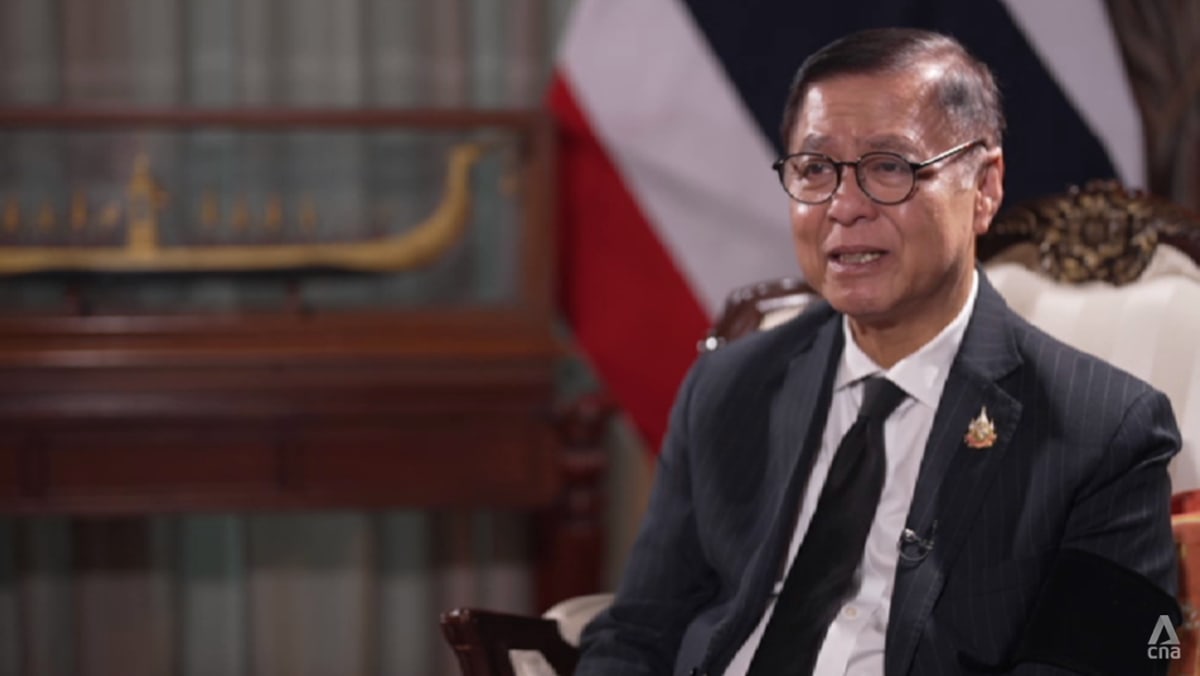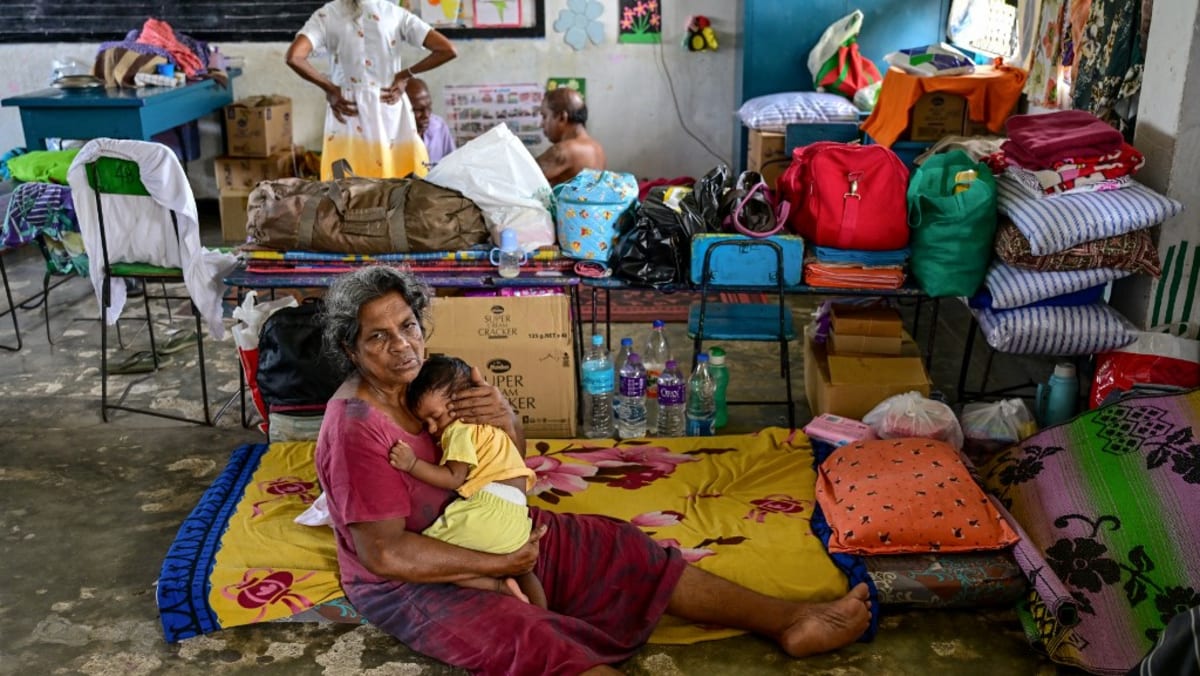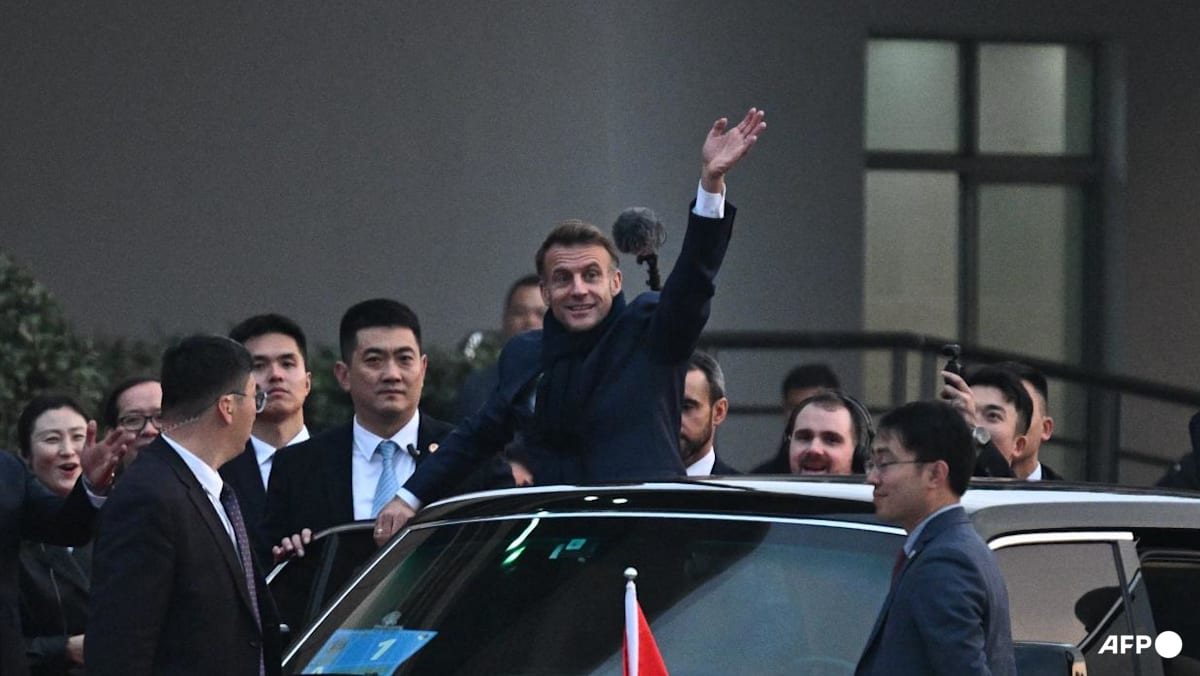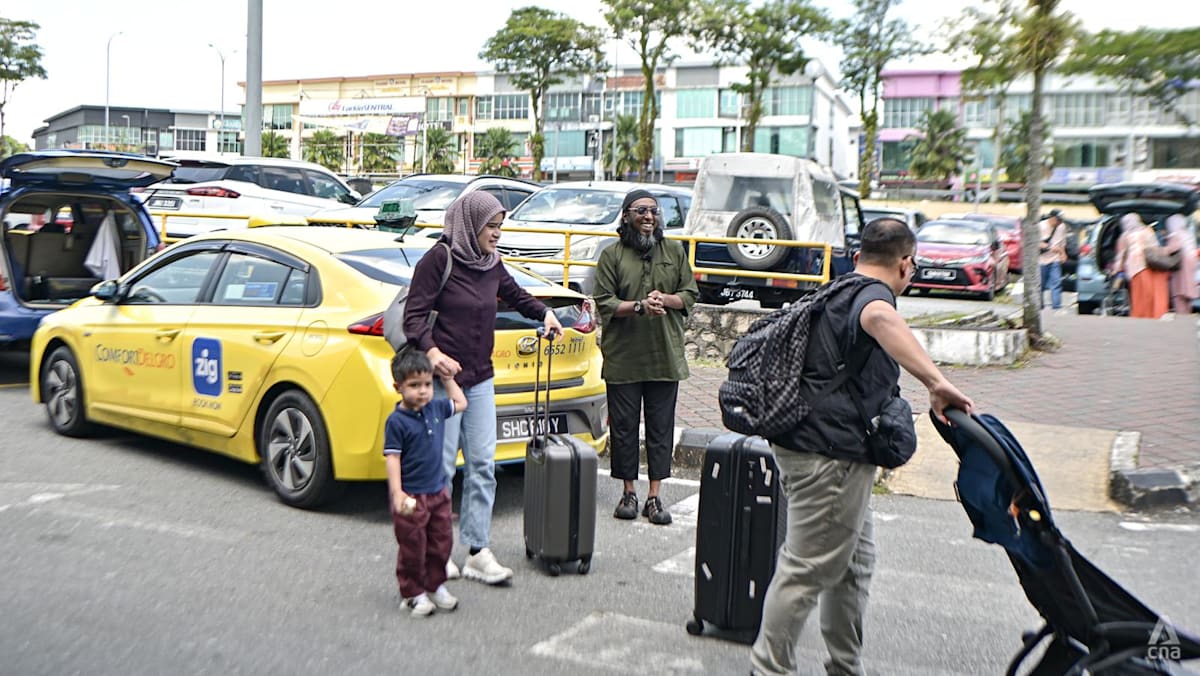Child abuse probe: How Malaysian conglomerate GISB managed to stay under the radar
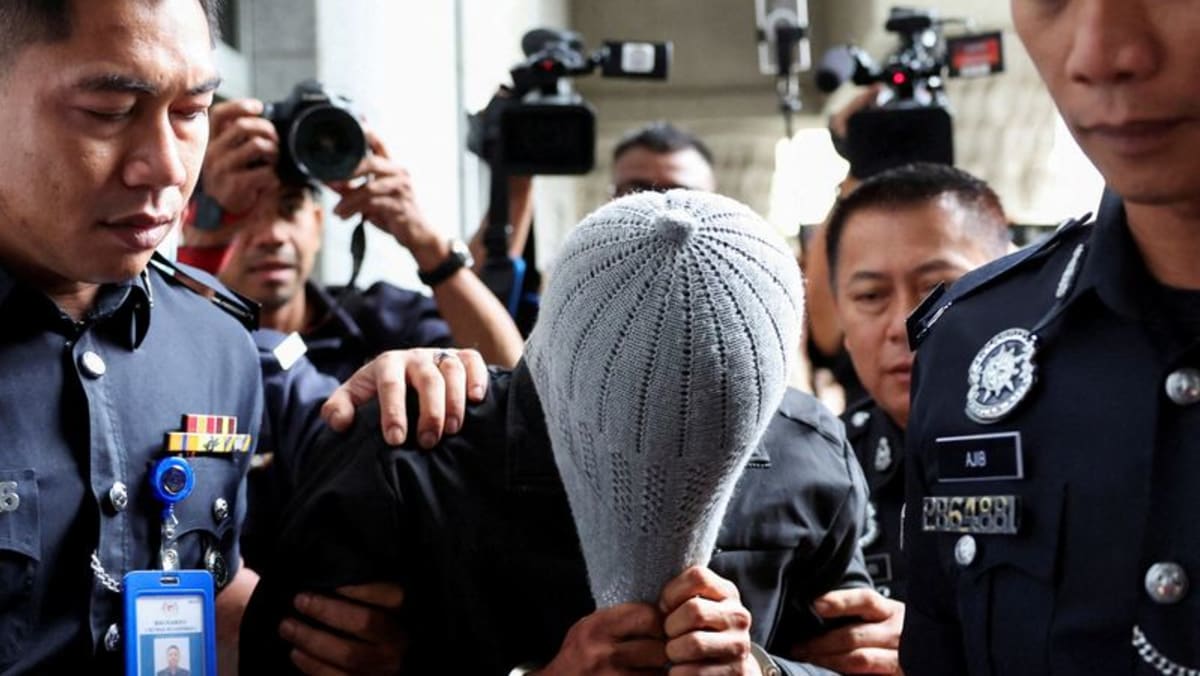
ONLINE WHISTLEBLOWERS EXERTED PRSSURE
According to Mr Aizat, online whistleblower channels have played a pivotal role in bringing these issues to light and exerting public pressure for action.
One of these channels was the Pusat Kajian Ajaran Sesat, which had started posting about GISB on Facebook and TikTok in August.
Prior to that, Mr Asri, who is also an Islamic scholar, had spoken up on the group.
In a lecture on Sep 12, he suggested that the lack of action on GISB might have been due to several factors, including some parties unwilling to take risks or because of individuals lacking the will to resolve the issue.
He also claimed that reports had been made with the authorities, including JAKIM.
In a Facebook post on Sep 6, Mr Asri urged the authorities to investigate allegations of cruelty and violence that were linked to the group.
In a video that was uploaded onto his Youtube channel on Aug 16, he had said that a team from another state had presented to the Perlis Fatwa Committee the activities of an organisation that had restaurants and marts among others.
Without mentioning names, Mr Asri said the organisation was a cult that had thousands of followers and indulged in questionable practices.
“I asked why they didn’t report this to the authorities. They replied that if they made a report, the authorities would deny the accusations and say everything was alright,” he said, adding that people would support the organisation because of their Muslim credentials.
GISB sent Mr Asri a notice of demand on Aug 27, demanding that he apologise for his comments.
In the early hours of Sep 11, the police conducted simultaneous raids on several charity homes in Selangor and Negeri Sembilan, rescuing more than 400 children.
Since then, the police have stepped up their action in phases, conducting raids all around the country.
Dr Mohd Izhar Ariff Kashim, an Islamic Jurisprudence lecturer at University Kebangsaan Malaysia, told CNA that JAKIM did not have the power to conduct raids and arrests, with only the police and the religious authorities of the states allowed to do this.
When asked about allegations made by Dr Asri, Dr Izhar said he did not know what had been presented to JAKIM.
“There are many processes and procedures that must be adhered to. The state authorities would need time to conduct their investigations … while the police also have their laws and procedures as well,” he said, adding that time was needed to conduct investigations and that the fanaticism of the members made it tougher.
Dr Ahmad Fauzi Abdul Hamid, a political science professor at Universiti Sains Malaysia who has conducted extensive research into GISB in the past, believed that the action against the group has been excessive, especially in labelling them a group that encouraged homosexuality and sodomy.
He said that similar cases of sexual abuse have been reported in other institutions such as government-run homes and hostels but there have not been calls for them to be closed.
“Yes, there are a few cases but why has it blown up to the extent that you want to paralyse the whole movement to the extent that everything in their communes have been confiscated?,” he said.
He said that if they were guilty of several things such as not paying taxes and not paying their workers, they should be charged in court for their crimes.
Mr Ismail Yahya, a former Terengganu chief Syariah judge, told CNA that he disagreed with the action taken against GISB.
“I can only say this is all for political mileage. I cannot say anymore,” he said.
MOVING FORWARD
Mr Aizat of Initiate.my said that authorities must rigorously scrutinise the business licences of the organisation and its associated network.
He said that it is crucial to verify that their business practices adhere strictly to legal standards, particularly in areas such as hygiene, labour rights free from exploitation, and financial flows that do not support illegal activities.
“This examination should be approached with caution; a blanket ban on the entire business network could be counterproductive, given the financial dependency of certain subsidiaries and workers. Therefore, a targeted review coupled with the implementation of stricter monitoring measures is essential,” he said.
Dr Geshina, who is also a psychologist, said that in-depth periodic audit and monitoring should be conducted on the group.
She said that there may be people who unwittingly become part of a criminal syndicate or victims due to their ignorance, social or family grooming, or lack of understanding.
“The thing with cults is the nature and scope of grooming that works to develop blind belief and trust despite irrefutable evidence that is denied, disbelieved, or ignored by members. Central to many cults is the belief in a divine element in certain individuals, like the cult leader(s),” she said.
“This blind belief and devoutness could have already caused harm to members and may continue to cause harm even after leaving the group. As the development of devoutness involves an entire psychosocial, language, and economic grooming process, the change into a healthier sense of self and being will need a lot of time and effort.”
Police believe that the group has about 10,000 followers nationwide.
G25 meanwhile said that the authorities must act decisively to prevent future incidents and restore public trust in the systems designed to protect the people.
“This should begin with the immediate setting up of the royal commission of inquiry for this case. Any inaction or delayed action on this matter would only tarnish our image internationally,” it said.
Dr Mohd Izhar said that everyone has a role to play to prevent any deviant groups from emerging again in the future.
“Malaysians, especially the Muslims, need to make reports of any deviant group to the authorities in the future. It is a joint effort and everyone needs to help one another instead of placing the blame on one another,” he said.
Source: CNA



